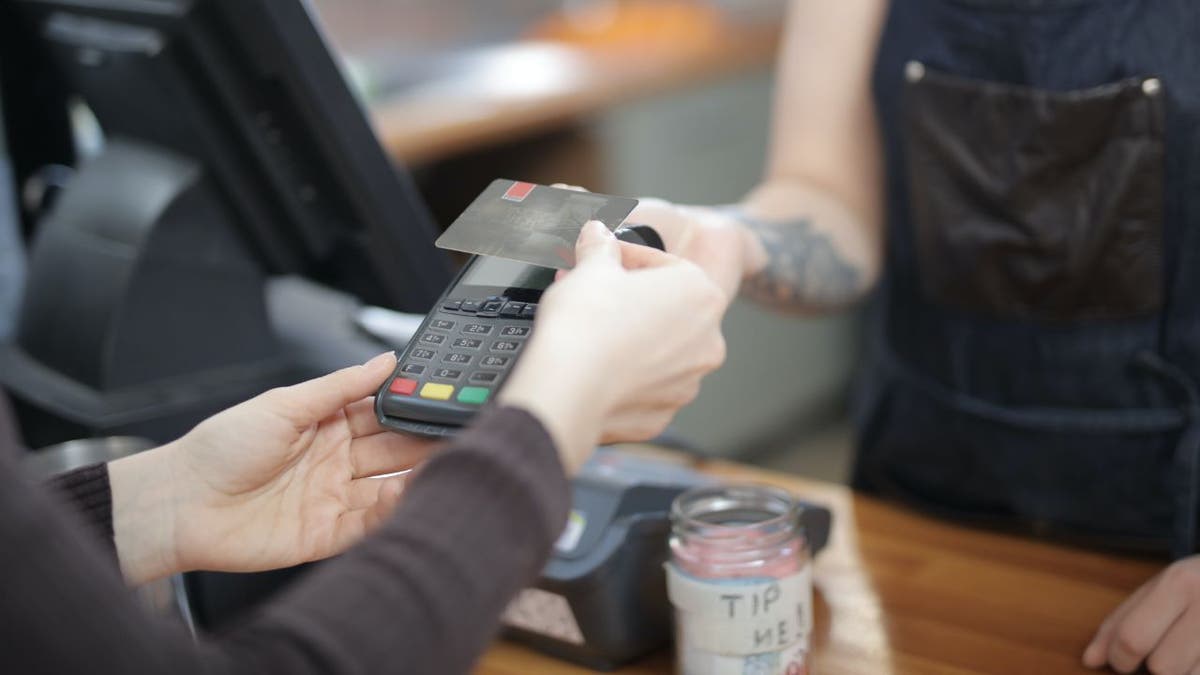Credit card fraud is a growing concern, with instances rising significantly in recent years. In 2024, the Federal Trade Commission reported over 416,000 cases, establishing it as a leading form of identity theft. Victims often discover the fraud through small, unauthorized transactions on their bills, sometimes amounting to substantial sums.

Several avenues exist for this type of fraud. Data breaches at online retailers or financial institutions can expose your card details without your awareness. Phishing scams, disguised as legitimate communications, trick individuals into revealing sensitive information. Skimming devices at ATMs and gas pumps surreptitiously capture card data. Even public Wi-Fi networks and compromised apps can be exploited to access your information during online transactions.

Statistics paint a stark picture of the pervasiveness of this issue. A 2023 Security.org report revealed that 52 million Americans fell victim to credit card fraud. With a significant portion of adults owning credit cards, a large number have experienced unauthorized charges, often repeatedly. While the average fraudulent transaction is around $100, the collective impact amounts to billions of dollars annually.

Data breaches are a primary source of credit card fraud. Hackers target payment systems within businesses, exploiting vulnerabilities to steal credit card numbers, expiration dates, and security codes. This stolen data can be used directly or sold on the black market. Beyond financial information, data breaches can expose personal details like names, addresses, and phone numbers, facilitating phishing attacks and other scams.
Identity theft monitoring services offer a crucial line of defense. These services track personal information and alert you to potential misuse, such as dark web activity or unauthorized account openings. They can also assist in freezing accounts and provide support for recovering losses. Some services include identity theft insurance and dedicated fraud resolution teams.

Here are ten key strategies to protect yourself:
- Immediately contact your credit card issuer if you detect fraudulent activity.
- Regularly review your credit card statements for suspicious transactions.
- Periodically check your credit report for unauthorized accounts.
- Employ strong, unique passwords for online accounts and consider a password manager.
- Set up transaction alerts to receive notifications for every purchase.
- Exercise caution when using public Wi-Fi and consider a VPN for secure connections.
- Avoid storing credit card information on browsers and websites.
- Utilize EMV chip technology for in-person transactions.
- Be vigilant against phishing attempts and employ robust antivirus software.
- Keep your physical credit card in sight during transactions.
Credit card fraud is a serious threat, but proactive measures can significantly mitigate the risk. By staying informed, monitoring your accounts, and adopting secure practices, you can safeguard your financial well-being.
Comments(0)
Top Comments